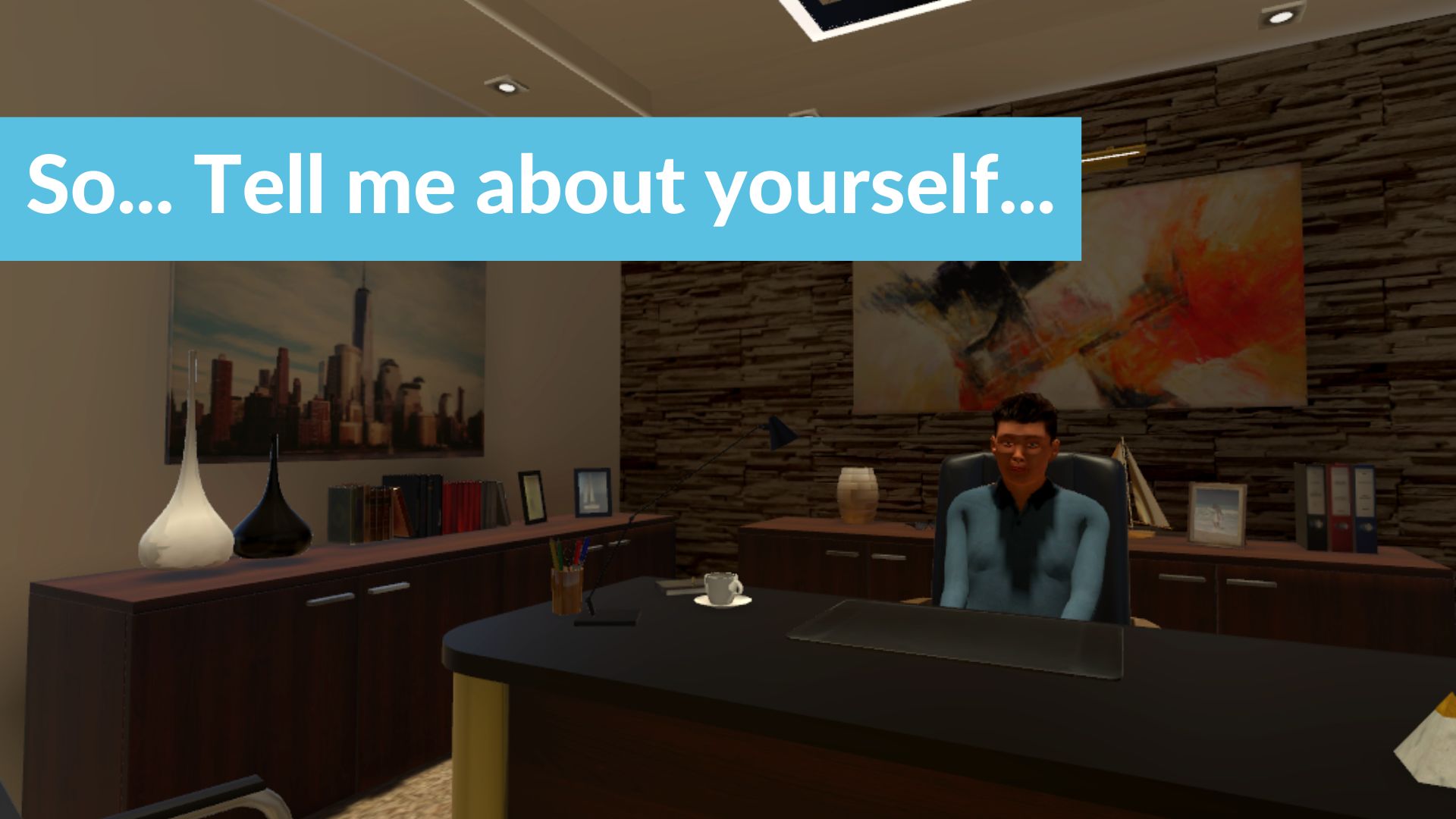Your cart is currently empty!
Do you remember that first day of school, when the teacher would ask you to stand up and “Tell the class about yourself.”? You would probably close your eyes, take a deep breath, and wish very hard that some natural catastrophe would destroy the whole school at that very moment.
Now that you’re an adult, when someone asks you to talk about yourself, things don’t get any easier, do they?
Where did it come from?
One of the scariest things is to feel judged by others. The feelings of shame and humiliation are the strongest one can feel, and we try to avoid them at all costs.
For most of us, public speaking means getting up, being separated from the group, and exposing yourself to whatever comes from them. This is strongly increased when you’re talking about yourself. You feel unprotected. After you opened up, whatever you said can not be taken back.
“Be Humble.”
We are trained and conditioned from a very early age to be humble. Sometimes too humble. The message passed throughout generations is that people will not like you if you’re not humble. Being too proud of yourself and your achievements is bad and wrong.
When you need to talk about yourself, your mind immediately sets the alert – be humble. So, whatever you choose to say will always feel wrong to you. You feel like you’re bragging.
It is time to overcome this mental barrier for good.
We need to know each other
Fifteen years ago, I met a person I regard as my mentor in the field of education until this day. Once, he told me that we don’t dislike a person; we don’t know them. These words are, in fact, wise ones.
People need to know each other to build a relationship, and that’s how they learn to like each other. How often have you looked at someone and didn’t like them for absolutely no reason, and once you start talking, you realize they were nice people?
The same happens in the opposite direction. Other people need to know you, so they can establish a relationship with you and, eventually, to like you. Talking about yourself can be the perfect way to develop that relationship.
It is also essential to make sure you’re talking about feelings and emotions, things other people can relate to. There is some temptation to talk only about facts because you feel safer. Well, you may be, but others will not actually know you based on the facts of your life. Do you want to tell them about that fantastic trip? What did you feel? What were the best moments? And the worst?
Not telling how you felt about something may feel safer, but you’ll sound more superficial and shallow. People will not know you by what you did. Instead, they will know you by how you felt while doing it. So, avoid lists of facts and tell stories with all the nuances a good story must have.
Suggestion:
Virtual Orator can be the tool you need to practice this. Try in a scenario where you can sit around the table with a couple of people in your audience.
What’s your achievements?
You don’t need a list of all the great things you did, but I’m sure there are things you’re proud of. It is okay to be.
During my years working with children, I asked them daily, “what are you proud of today?” And this helped them to build their confidence. It also led to hilarious answers like, “I’m proud I didn’t hit John when he was being annoying.”
It is never too late to build that confidence, so: what are you proud of?
Social Anxiety
Social anxiety is a fairly common disorder that impacts multiple parts of your life. If you suffer from it, the “tell me about yourself” sentence will seem even heavier for you. Do not despair.
It is possible to work on it, and it is okay for you to need help. But, for now, let me share something that may help you not to feel so overwhelmed: most people do not spend that much time thinking about others. Whatever they think of you, they will soon forget about it and move on to the next gossip.
Prepare for the impact
Either in regular social interaction, or a formal meeting or interview, the possibility of someone asking you to talk about yourself is high. This can be a generator of anxiety. You want to be accepted and liked, so it is normal to be unsure of what to say.
If this sounds like torture, I would advise you to prepare. Keep in mind a couple of stories or interesting facts to say, maybe some fun anecdotes if you feel like it. This way, your fear will decrease, and the whole conversation will feel more natural.
So, tell us about yourself.
Cátia is a psychologist who is passionate about helping children develop and train social skills.



Leave a Reply